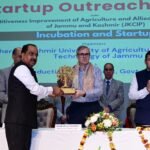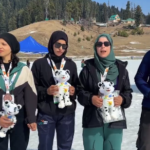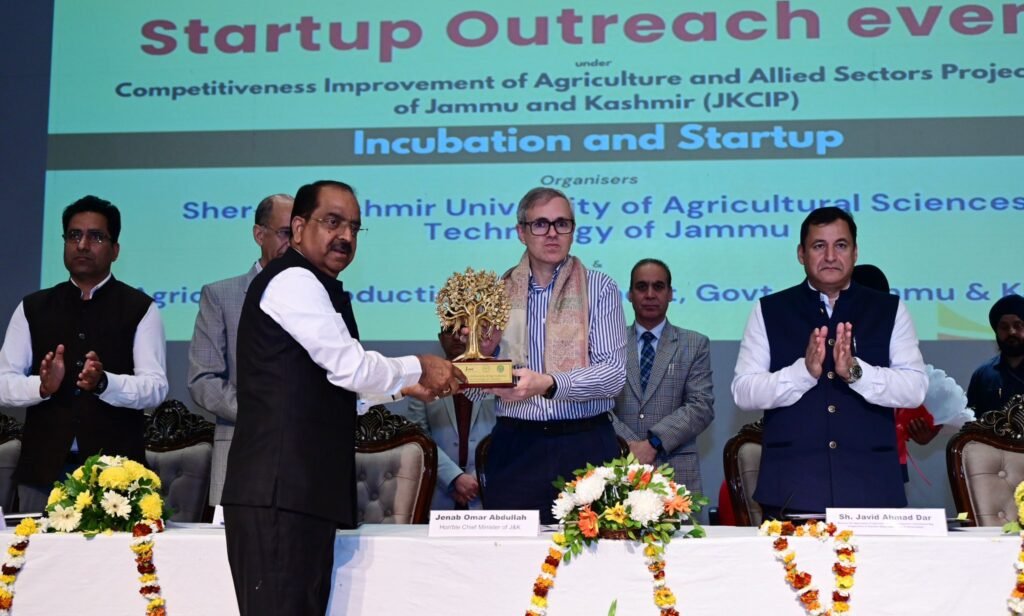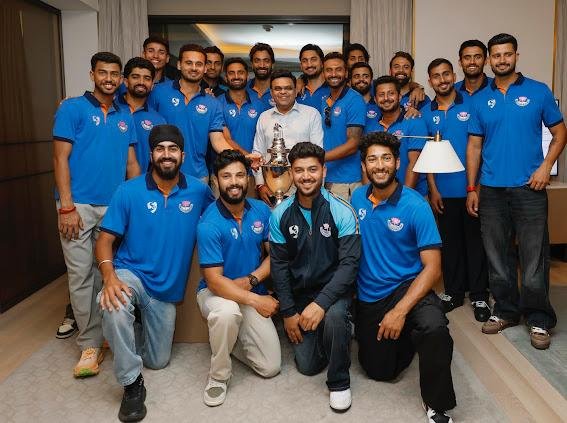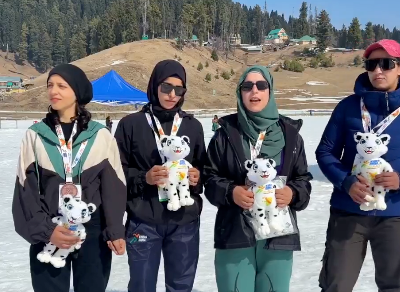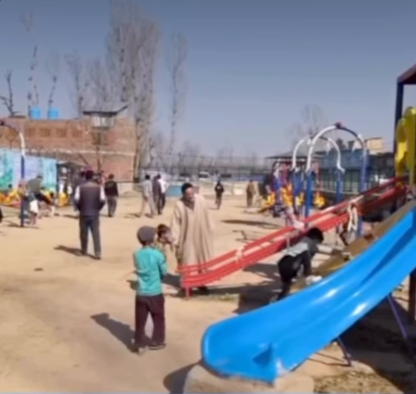Kralmad, June 19, 2025 – Tucked beneath the Pir Panjal in South Kashmir’s Doru tehsil, the village of Kralmad tells the story of Gowhar Ahmad Mir, a 36-year-old computer engineer who chose to stay and transform his homeland. A contractor by trade and a leader by example, Gowhar is quietly reshaping a region often defined by absence—of jobs, opportunities, and trust—through his work and unwavering presence.
Instead of chasing prospects in Srinagar, Delhi, or Dubai after earning his degree, Gowhar launched a small construction group in 2010 under a government self-help scheme. With no capital or equipment, he relied on borrowed tools and the faith of local youth. Today, his firm employs over 50 men from nearby villages, building roads, schools, irrigation canals, and community centres across Doru. For workers like Waseem Ahmad, 28, now a field operations manager, Gowhar offered not just a job but a purpose: “He told me, learn everything. One day you’ll lead.”
Gowhar’s leadership is hands-on. He arrives at sites in dusty shoes, helmet in hand, working alongside his crew. “If I’m not in the field, I’m not leading,” he says. Beyond bricks and mortar, his impact runs deep. Known as muhafiz , he fixes widows’ roofs, funds students’ tuition, and clears snow from roads. During floods or curfews, he delivers relief and medicine, earning trust without seeking recognition.
In Kralmad, where youth often dream of escaping to distant cities, Gowhar’s example inspires them to stay. Sameer Bhat, 24, abandoned plans to leave for Punjab and now runs a plumbing business, inspired by Gowhar’s advice: “Make mistakes here, not in a strange city.” Village elders like Bashir Lone see him as more than a contractor: “He’s rebuilding belief.”
Gowhar’s vision extends to a skill training centre, with plans for a construction academy teaching plumbing, masonry, and digital design. He also dreams of a cooperative to support small contractors through lean times. Speaking in Kashmiri, Urdu, and simple Hindi, he connects with people in ways officials rarely do, mediating disputes and mentoring aspiring entrepreneurs.
In Kashmir’s complex political landscape, Gowhar’s name may not echo in headlines, but in Doru, he’s indispensable. “He builds and stays,” says Irfan, a young electrician. Locals call him the “people’s engineer” for the dignity he brings to work and community.
At dusk in Kralmad, Gowhar stands on a worksite, guiding workers with quiet resolve. Behind him, young boys watch, learning what it means to lead by staying.


